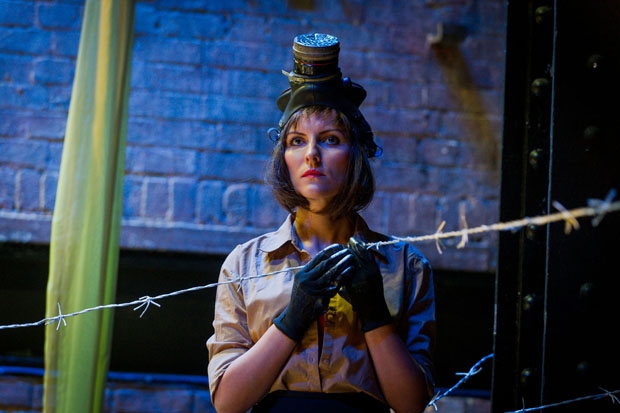Richard Strauss’s Daphne is one of the operas he wrote during the excruciatingly long Indian summer of his composing life, where he seems, in one work after another, to be looking for a subject worthy of his skills, and only finding one in Capriccio, his last opera. For that, he and his ideal interpreter Clemens Krauss collaborated on a libretto that, while garrulous, has a real topic to deal with, and handles it with no portentousness or pseudo-depth. None of that can be said about the depressing series of operas he composed in the 1930s, which either have a serious topic to deal with but not the drama or the music to do it justice, or are nothing more than word- and note-spinning. Adequate librettists seem to be the rarest of all contributors to operatic history; on a generous count I can think of five.
Joseph Gregor, Strauss’s librettist for Daphne and its predecessor Friedenstag, emphatically is not one of their number.

Get Britain's best politics newsletters
Register to get The Spectator's insight and opinion straight to your inbox. You can then read two free articles each week.
Already a subscriber? Log in






Comments
Join the debate for just £1 a month
Be part of the conversation with other Spectator readers by getting your first three months for £3.
UNLOCK ACCESS Just £1 a monthAlready a subscriber? Log in